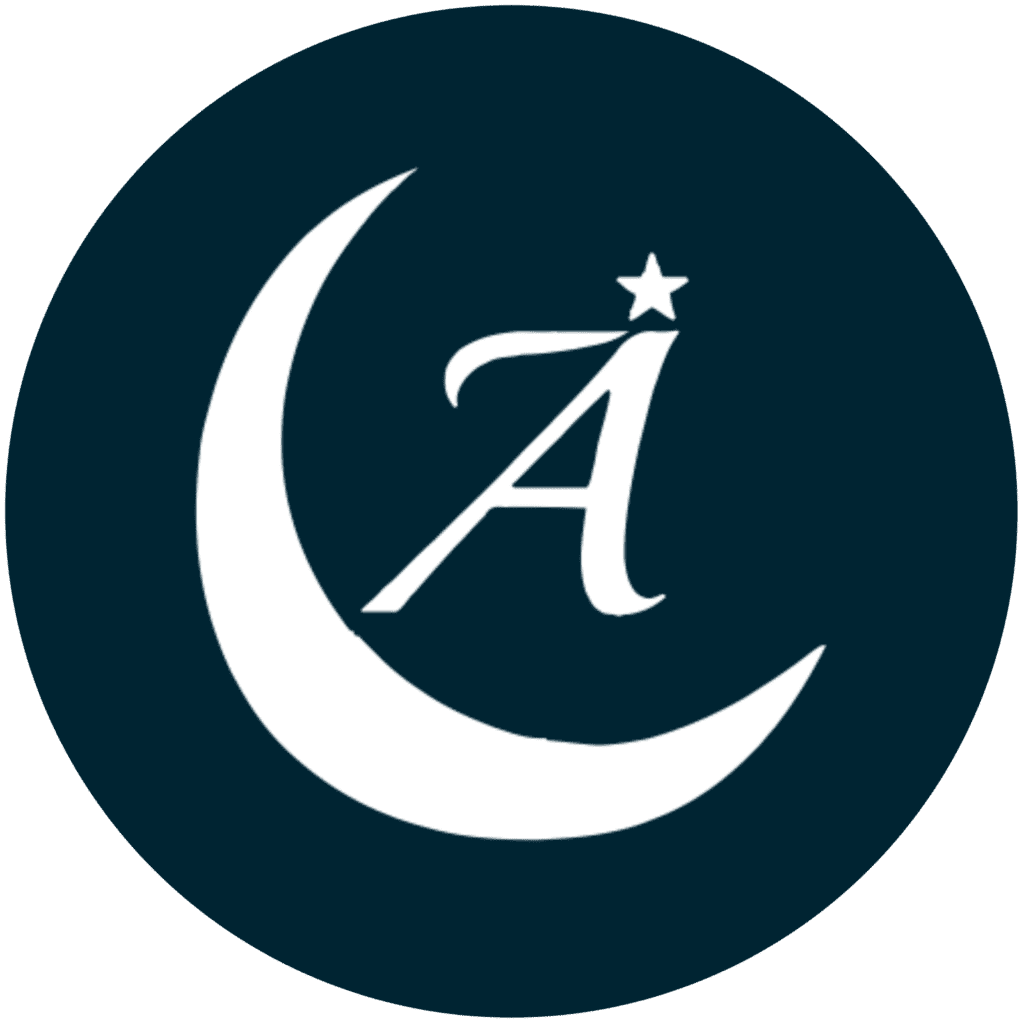Denomination
Sunni

Sunni
In the 1950s and ‘60s, immigrants from Commonwealth countries like Pakistan, Bangladesh and India began to be invited by Britain to fill labour shortages caused by World War II.
At around the same time, the Mangla Dam project – designed and overseen by British and American contractors – resulted in the deliberate flooding of over 280 villages in the Mirpur, Azad Kashmir province of Pakistan, displacing over 100,000 working class Pakistani Mirpuris from their ancestral homes.
Against this background, many Pakistanis, Bangladeshis, Indians and Yemenis began to immigrate to the UK, finding jobs in the textile and cotton mills of Lancashire and the steel factories of Yorkshire.
The most famous of these steel factories were in Sheffield, where world-renowned Sheffield knives were forged and stainless steel was invented. Immigrants to Sheffield settled in the working class, industrial areas of Darnall and Attercliffe, close by to the factories they would be working in.
By 1955, there were over 400 Pakistanis living in Sheffield. In 1958, it was finally decided that the increasing Muslim population of Darnall needed a mosque. The semi-detached house of 13 Industry Road – then owned by Mrs. Haider, a member of the community – was chosen, and for the next few years was used as both a mosque and a centre for the small community to celebrate Eid.
A few years later, a group of Pakistanis formed the Pakistani Muslim Association, setting up a board of trustees, and in 1962, using donations from the community, the mosque was purchased from Mrs. Haider and conveyed to the PMA.
In the years that followed, the building continued to be used as a mosque and communal hub for the Muslims of Darnall and neighbouring areas, but before long, the small semi-detached house was having trouble keeping up with Sheffield’s growing Muslim population.
The sale of the mosque
By 1967, the Pakistani Muslim Association had purchased another building to be used as a mosque in the neighbouring Attercliffe area. Formerly the Wesleyan Reform Church, the new building was much larger, and in April 1967, the PMA sold the house at 13 Industry Road in order to fund renovations for the newly-purchased Bodmin Street mosque.
Mr. Karam Daad, president of the Pakistani Muslim Association, explained the reason for deciding to sell the building to the Sheffield Telegraph at the time: “We want to raise money for the new mosque in Bodmin Street. In Industry Road that house is not a proper place for prayer.” However, the regular worshippers of Industry Road Mosque were none the wiser about this decision.
On Christmas Day 1968, just two days before the end of Ramadhan, Mr. Muhammad Noor and a group of his friends went to the mosque to pray, only to find it locked and guarded by the police. After attempting to break into it, they were quickly turned away by the police, who told them that the mosque had been sold, and that they should seek legal advice.
Speaking to the Sheffield Telegraph at the time, Mr. Noor said: “The mosque was purchased in 1962 from Mrs. Haidar and there were seven trustees who signed the deed. Thousands of pounds was subscribed to the purchase and the expenses of the mosque. Many of our people are simple people.”
In 1968 – the year that Martin Luther King Jr. was assassinated in the United States, and the year that British politician Enoch Powell made his racist Rivers of Blood speech here in the UK – the Muslim community of Darnall started a legal battle to win back their mosque, hiring lawyers and taking the case to Sheffield County Court.
On the 8th February 1969, after more than a year of proceedings, the County Court finally ruled that the sale of 13 Industry Road was invalid. In his judgement, Judge Arnold said that the building should be reopened as a mosque “however few wished to attend”.
To see all of the original newspaper sources for this early history of the mosque, visit the Archives section.
Building the new mosque
Over the next decade, 13 Industry Road continued to be relied upon by the community of Darnall, hosting prayers and funerals, officiating marriages and teaching children in madrasah (after-school religious) classes. During this time, it was also given the name of Jami’a Masjid (meaning Congregational Mosque, or mosque that was historically significant enough to host Friday prayers).
Add a review